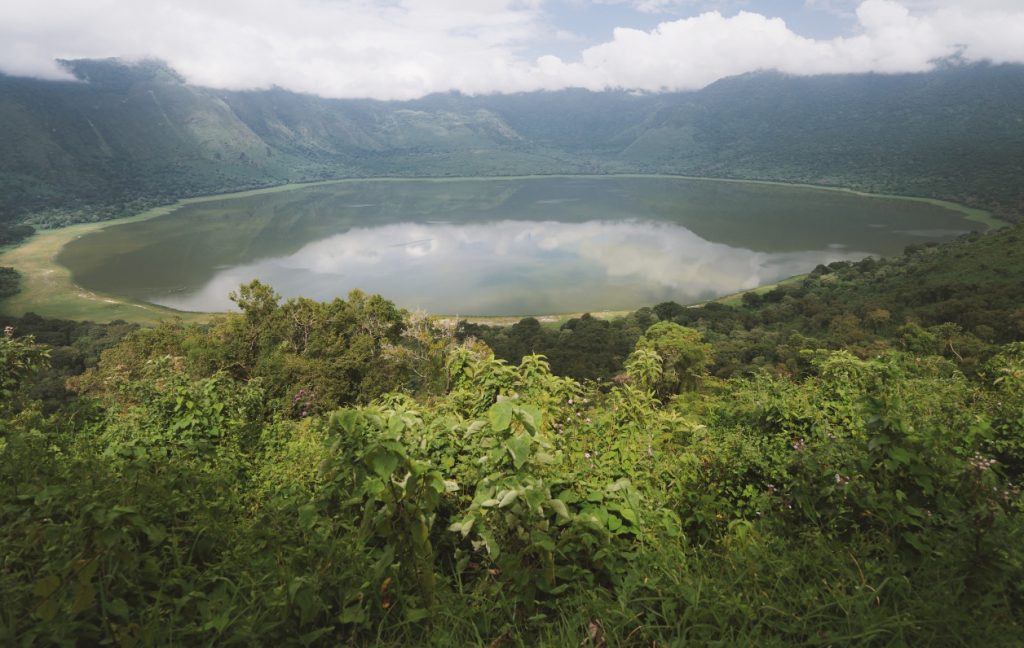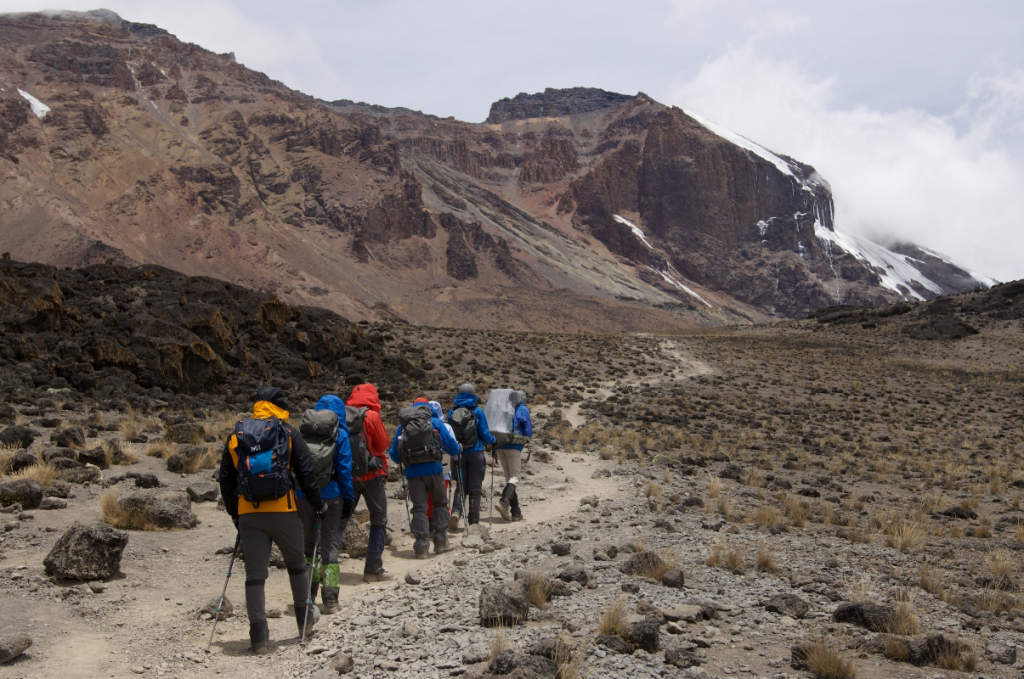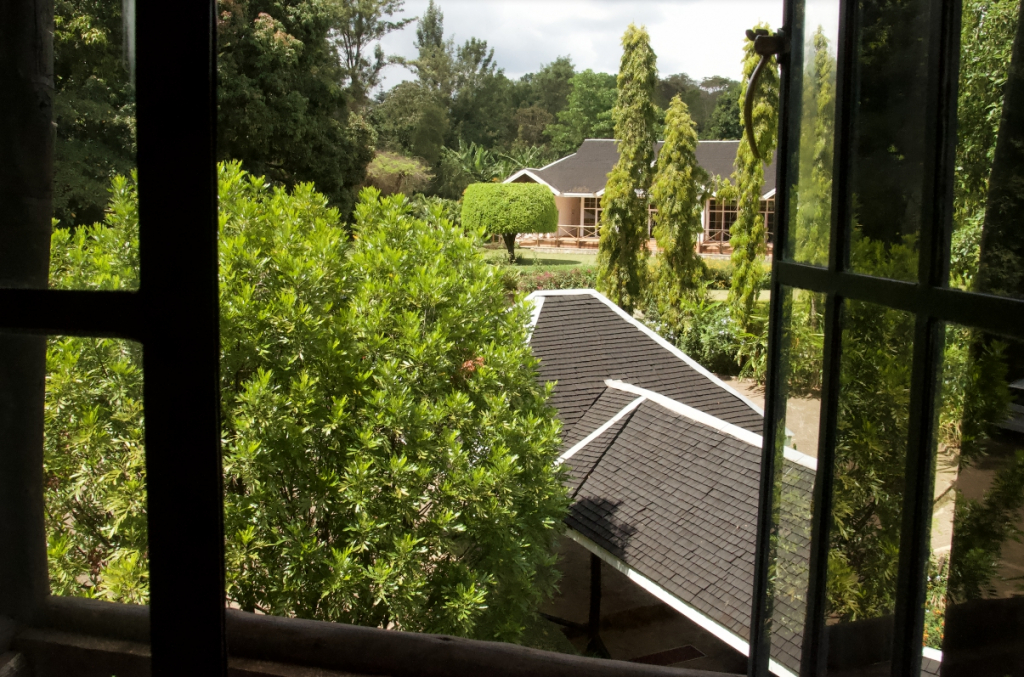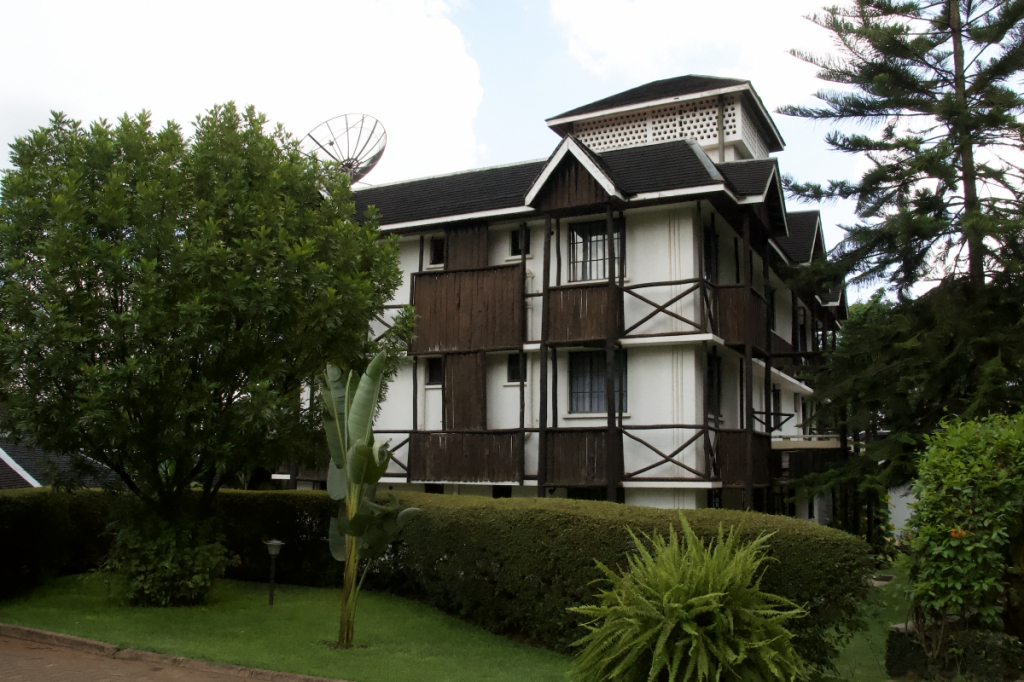You may check current COVID 19 entry requirements for Tanzania here.
The emergence of the Omicron variant of the Coronavirus led to a new wave of questions like “is there any chance I can get COVID in Tanzania?” and “what will happen if I get coronavirus on my trip?”
We understand how important it is to get accurate and up-to-date information about COVID for international travel. No one wants to end up with a positive test while they are on vacation.
We have compiled all the most recent information regarding the
Omicron variant and Travel in Tanzania, for your convenience and ease of mind.
One may get COVID anywhere, but you are actually less likely to contract it in Tanzania
Tourism is one of the most important industries for Tanzania, for that reason we are very, very cautious about COVID and have done our utmost to reduce the chance of infection for our guests. You may be thinking "Sure, sure. You just want business, you’ll say anything". But, instead of providing misleading information, such as “your trip is 100% safe!” or, “There is no COVID in Tanzania”, we at Altezza want to be forthright and honest. The truth is that at this time you can catch the coronavirus anywhere in the world: in Tanzania, yes, but also while waiting in line at the airport, while on public transportation or a taxi cab, or while shopping at a mall.
The unfortunate reality is that COVID is everywhere and no one can say that any specific country is completely free of this virus.

What we can say with confidence is that your chances of contracting COVID in Tanzania are very slim. Why?
There is a low population density: only 67 persons per square kilometre. Compare that to other large cities: 11,313 in New York; 20,300 in Paris; and 5,701 in London. As you can see, the difference is huge! It means fewer transmission lines and less infections.
Another reason is less social mobility: Tanzania is mostly rural, with some tribes following traditions that keep them mostly within their own, small communities. Prior to the pandemic, crowds were not the norm, except for Sunday services or major political events.
A great example of this can be shown within our own company. We have over 1600 employees, approximately 100 of those are office workers, managers and hotel staff. Others make up our mountain crews. Since the pandemic started approximately fifty of our team were infected with COVID (and thankfully, have well recovered).
Altezza is a recognized TATO member (Tanzania Association of Tour Operators) and we are in touch with fellow travel companies throughout Tanzania. Our colleagues report a very similar situation for their teams: a few members of the team became sick, but most haven’t got the virus.
The lifestyle of Tanzania keeps people for the most part, outdoors and naturally ‘socially distant’. Whether you are climbing a mountain- trekking through a tropical rainforest or summitting through snow - or enjoying a safari through Serengeti with the LandCruiser’s windows down; you’ll be spending more time having an adventure in outdoors in Tanzania than worrying about if you need to maintain enough distance in a crowded city.
What do we do to minimize the risks
Here at Altezza, we have strict COVID protocols to ensure the health and safety of our guests. These are the measures that we take to safeguard our team and customers from the coronavirus:
All Altezza Travel team members are fully vaccinated. Our managers, mountain and safari guides, drivers, store workers, hotel staff and other members of our team have received all of their COVID vaccines. We used Johnson and Pfizer immunizations, approved by the WHO.
We have strict COVID safety protocols that are in line with the WHO guidelines:
◾️We use disinfectants and maintain physical distancing whenever possible.
◾️Everyone on our staff knows that if the slightest symptom appears, it is important to stay at home until full recovery and a negative test.
Thankfully, these protocols do not impact our trips: we are a large company, and our “bench” employees are always ready to step in for those who are self-isolating.
What happens if a traveller gets a positive COVID test while in Tanzania?
If a traveler gets a positive COVID test while in Tanzania, we will have to isolate that person in one of the rooms of our hotel until the test result returns negative. On average, it takes 5-7 days in case you have a mild illness, but if the symptoms are worsening, the recovery may take longer. In such cases, we are ready to support you by arranging treatment at the nearby KCMC Hospital, one of the best in Tanzania. We can also help with getting antigen and PCR tests for coronavirus in one of the testing centers in the Kilimanjaro region.
Our hotel is comfortable - the rooms have everything for a quiet stay, including Wifi for you to remain in contact with your loved ones back home. We are based in a green, peaceful area miles away from the city bustle, where one may relax and focus on recovery. Our waiters will serve breakfast, lunch and dinner straight to your rooms if you are self-isolating. The rates we set for these self-isolation rooms are set at the lowest price, i.e. we use the money to cover the costs of meals and staff wages only, we do not take any profit in the case of necessary self-isolation at our hotel. Considering the situation, we decided to waive all our commissions and absorb tourism taxes. For a double room we charge USD 60 per night on full board, for a single - USD 40 on full board. We realize this is significantly cheaper than if you had to pay for a COVID-isolation hotel in Europe or the USA.
What happens if I buy a tour with Altezza and get sick right before the flight?
You will be able to reschedule your trip for any other dates or we will provide you with a refund.
Also, you are not required to pay the whole tour cost at once. One should pay only 30% of the total trip value to reserve their safari trips or premium Kilimanjaro climbs. We need this money to reserve hotel rooms, which are quite in demand in Tanzania, especially during the Christmas festivities. If you are signing up for our regular group or private Kilimanjaro adventure, then the deposit payment is $100 only.
The rest of the tour price is due on arrival to Tanzania. If you need to cancel your participation last-minute due to the COVID-related reasons, you will be able to reschedule it for any date within 12 months or to request a refund from us.
There are several important considerations to bear in mind:
To reschedule your stay in the hotels and lodges one will need to provide a positive PCR test. The majority of our hospitality partners have flexible COVID policies and, assuming that one provides a positive PCR test result, allow travelers to reschedule their stay with no penalties.
Sadly, few of the hotels can’t afford this sort of flexibility. In any case, we will inform you of the cancellation policies prior to your travel confirmation.
If you decide to cancel your trip altogether, some hotels may withhold fines, even when a positive PCR test is available. Of course, we will inform you about such policies in advance.
We process and issue refunds in 30 days after the cancellation date. The costs of international wire transfer will be deducted from the amount, it is usually $60. Overall, while it is certainly less costly to put off the trip for another date, we do understand that life circumstances may be different, and, subject to the conditions above, are ready to refund the money, if necessary.
What will happen to my air tickets if I have a positive COVID test before boarding?
As far as we know, the airways that fly to Tanzania (Qatar Airways, Turkish Airlines, KLM and Ethiopian Airlines) have flexible policies and allow changing travel dates free of charge or at a minimal fee. However, we strongly recommend checking with the airline prior to buying the tickets. If you encounter any difficulties with that, you can ask for advice from your Altezza manager.
So can I go to Tanzania, or is it better to wait until the pandemic is over?
Let’s be frank here: pundits said that the pandemic would likely end by the end of 2021. The year, however, ended with Omicron, and no one can say for sure how many new variants we will see in 2022 and the years to come. The pandemic might end this year (we hope so very much), or might take another five.
This uncertainty is exactly why many travelers decided that the virus is not a good reason to postpone the trip of a lifetime. As a result, in 2020 and 2021 we had more expeditions than in any year prior to the pandemic. We opened Tanzania for over six thousand people, who climbed Kilimanjaro or visited the iconic wildlife parks Serengeti, Tarangire and Ngorongoro. They decided that Tanzania was worth visiting, even during these uncertain times - and they ended up having the trip of a lifetime, when so many of their friends and loved ones were stuck at home, with lockdowns.

It does not mean that the number of tourist arrivals to Tanzania increased. Compared to 2019, the number of arrivals dropped by more than a half - just 400,000 people against over a million. Meanwhile, Altezza Travel has grown into the largest mountain climbing company in Kilimanjaro because many of those who did come to Tanzania chose us as a guiding service.
Over a hundred travelers visited Tanzania with us for a second or even for a third time! These guests said that compared to the pre-pandemic experiences, the 2020-21 trip was strikingly better. This is due to fewer travel groups both on Kilimanjaro and in the national parks. Everything looks greener, cleaner and livelier. Large noisy crowds are no longer to be seen - one may enjoy a look over a group of lions virtually alone and make awesome panoramic pictures with no other safari vehicles in the background. The camps on Kilimanjaro are not crowded, and hikers may enjoy the beauty of Shira plateau, Barranco Wall and other iconic places with very few other travelers around them.
We believe that now is certainly a good time to go to Tanzania. Here at Altezza we spare no effort to minimize the risks of COVID infection on our adventure trips and do our best to maximize your comfort if the worst-case scenario does happen.
All content on Altezza Travel is created with expert insights and thorough research, in line with our Editorial Policy.
Want to know more about Tanzania adventures?
Get in touch with our team! We've explored all the top destinations across Tanzania. Our Kilimanjaro-based adventure consultants are ready to share tips and help you plan your unforgettable journey.

















